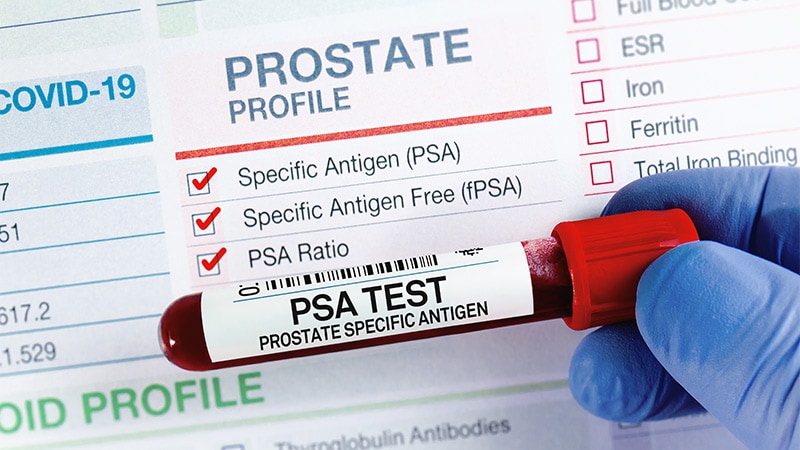The results of a trial led by Medical Detection Dogs in Milton Keynes suggest that trained dogs can detect advanced prostate cancer in urine samples with high specificity and sensitivity.
The study, published in PLoS One, tested the clinical feasibility of a cross-disciplinary, integrative approach to early prostate cancer biosensing in urine using trained canine olfaction, volatile organic compound (VOC) analysis by gas chromatography-mass spectroscopy (GC-MS) artificial neural network (ANN)-assisted examination, and microbial profiling in a double-blinded pilot study.

Two dogs - fox red Labrador, Florin, and Hungarian wired-haired Vizsla, Midas - were trained to detect Gleason 9 prostate cancer in urine collected from biopsy-confirmed patients. Biopsy-negative controls were used to assess canine specificity as prostate cancer biodetectors. Urine samples were simultaneously analysed for their VOC content in headspace via GC-MS and urinary microbiota content via 16S rDNA Illumina sequencing. In addition, the dogs' diagnoses were used to train an ANN to detect significant peaks in the GC-MS data.
The canine olfaction system was 71% sensitive and 70-76% specific at detecting Gleason 9 cancer.
The study also confirmed VOC differences by GC-MS and microbiota differences by 16S rDNA sequencing between cancer positive and biopsy-negative controls.
Furthermore, the trained ANN identified regions of interest in the GC-MS data, informed by the canine diagnoses.
Dr Claire Guest, co-founder and Chief Scientific Officer of Medical Detection Dogs, described the findings as "hugely exciting."
"This additional information could support the PSA and would provide earlier, non-invasive, sensitive detection of clinically aggressive prostate cancers that would most benefit from early diagnosis, simply from a urine sample. This has enormous potential and in time the ability of the dogs’ nose could be translated to an electronic device."
Professor Karol Sikora, CMO Rutherford Health, who comments on oncology issues for Medscape UK, tweeted: "Really exciting findings out today from @MedDetectDogs which show their dogs can detect the most aggressive forms of prostate cancer with high specificity & sensitivity.
"It's significant as early diagnosis is so important. The dogs Midas and Florin deserve a treat!"



